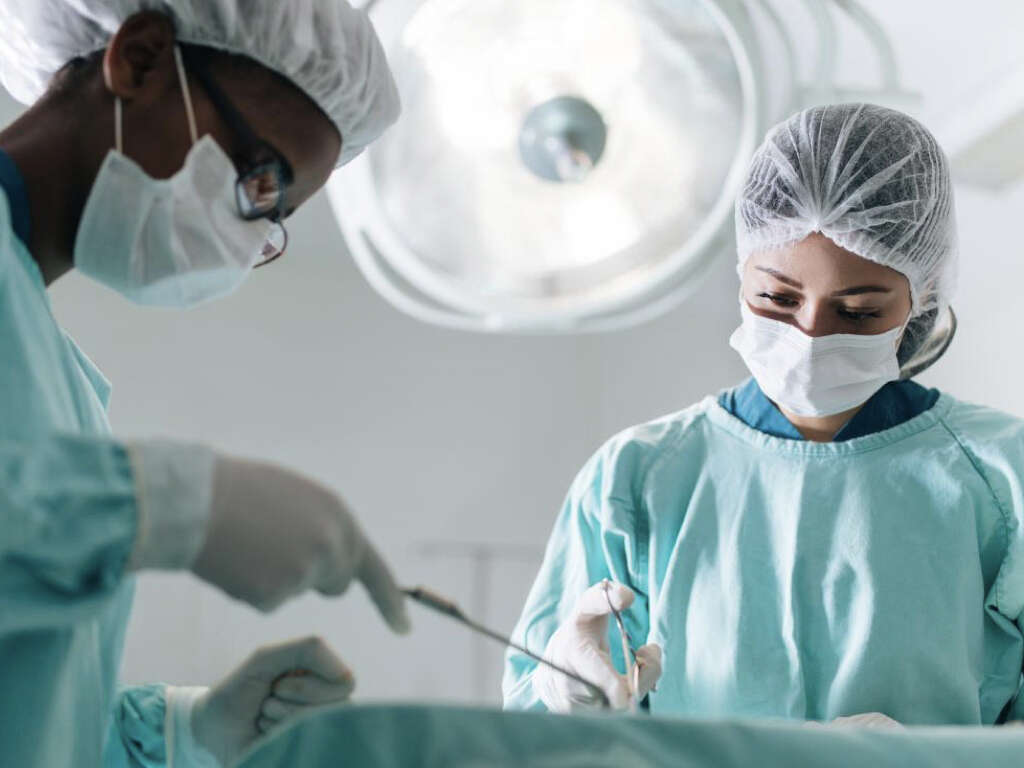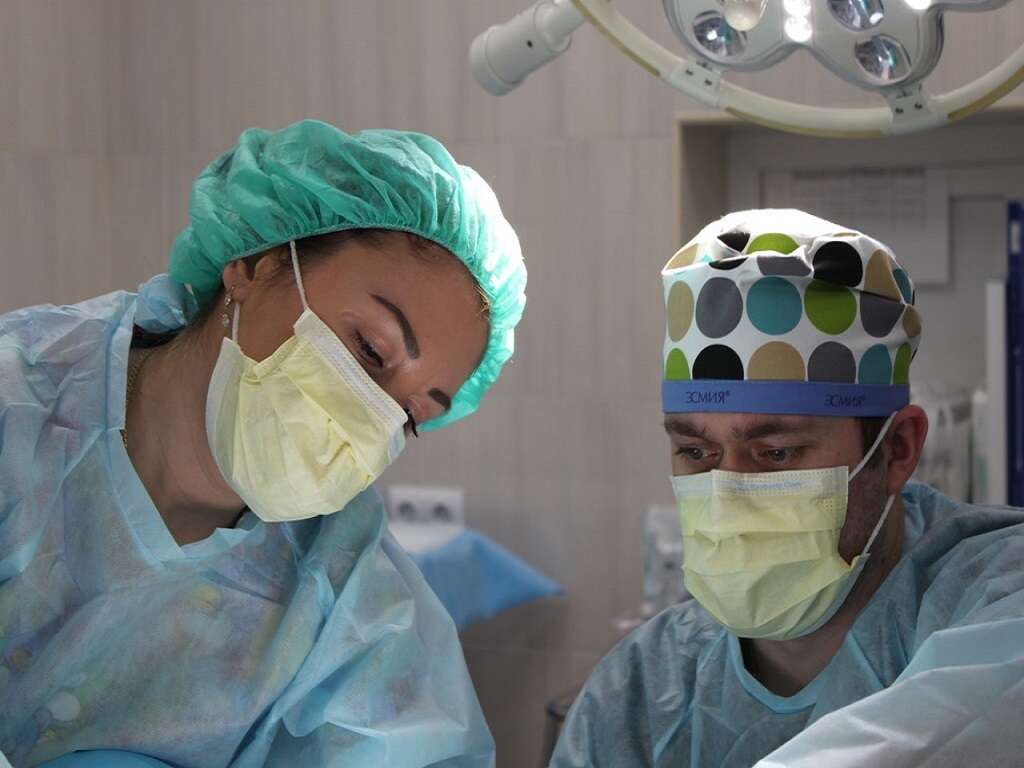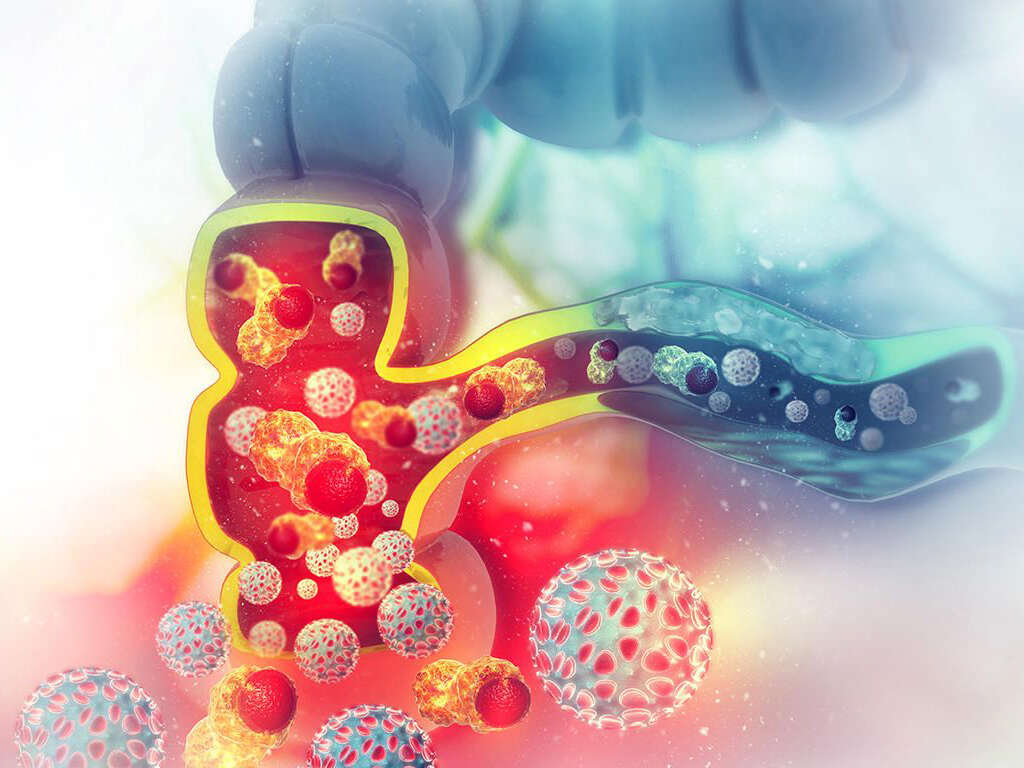Anal Fistula Symptoms, Causes & More
 Article Sources
Article Sources
- 1. 'Abscess and Fistula Expanded Information | ASCRS.' ASCRS, fascrs.org/patients/diseases-and-conditions/a-z/abscess-and-fistula-expanded-information.
- 2. 'Anal Fistula.' uk, 20 Oct. 2017, www.nhs.uk/conditions/anal-fistula/.
- 3. 'Anal Fistula.' Fairview, www.fairview.org/sitecore/content/Fairview/Home/Patient-Education/Articles/English/a/n/a/l///Anal/Fistula/116764en.
- 4. 'Anal Fistula.' A Non-Profit Hospital in Los Angeles | Cedars-Sinai, 8 May 2019, www.cedars-sinai.org/health-library/diseases-and-conditions/a/anal-fistula.html#.
- 5. 'What Is A Fistula? Types, Causes and Treatments Explained.' NAFC, www.nafc.org/fistula.
- 6. 'American Society of Clinical Oncology (ASCO). 'Anal Cancer: Risk Factors and Prevention.' https://www.cancer.net/, June 2019, www.cancer.net/cancer-types/anal-cancer/risk-factors-and-prevention#.
- 7. 'Kumar, Karthik, and MBBS. 'What Happens During a Fistulotomy? Procedure to Remove Infection.' MedicineNet, www.medicinenet.com/what/happens/during/a/fistulotomy/article.htm.
10. Other Types of fistula
An anal fistula is a common type of fistula, but it's not the only one. Another is the urinary tract fistula, which is an abnormal opening between a urinary tract organ and another organ.5‘What Is A Fistula? Types, Causes and Treatments Explained.’ NAFC, www.nafc.org/fistula. In women, urinary tract fistulas may develop between the bladder and uterus, the urethra and vagina or the bladder and vagina.
Fistulas may also develop between two portions of the intestines, or between the skin and the colon or the small intestine.
Advertisement











